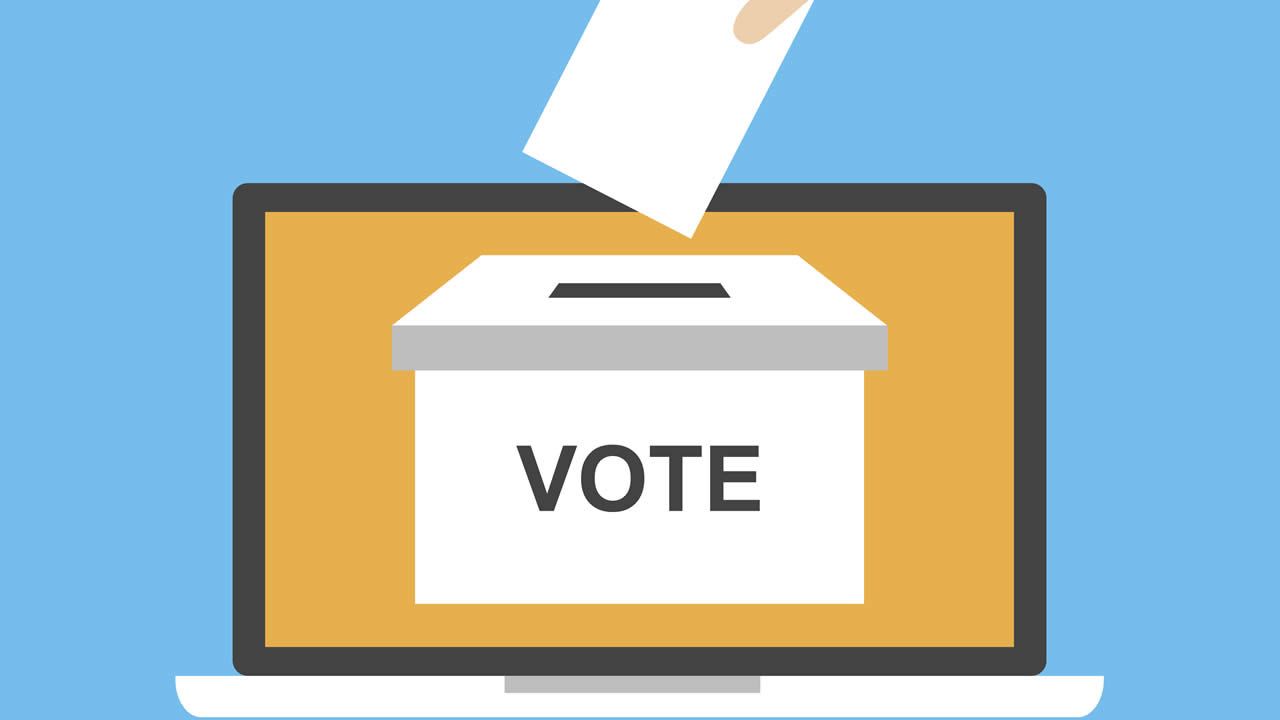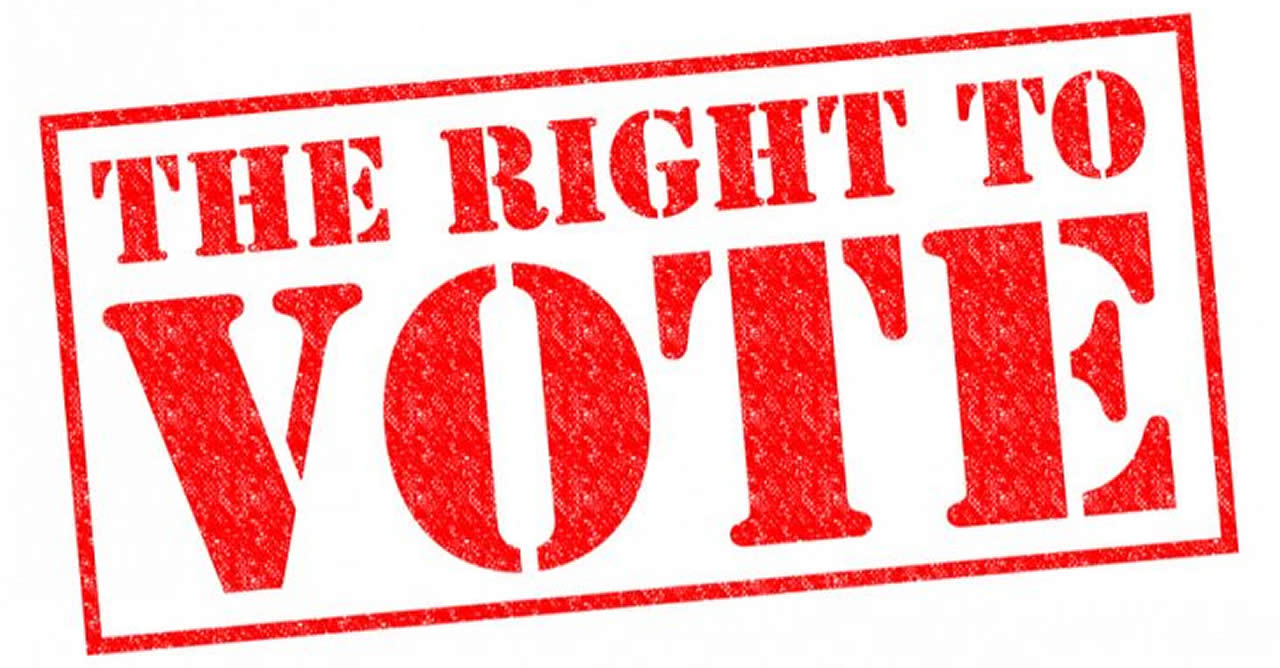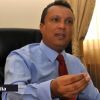
Freedom comes with its sets of responsibilities. Freedom and duty go hand in hand. Mauritius is a free nation; the citizens are breathing under a flag of four colours. Mauritius is reflected as one of the best-governed, most established and prosperous African countries. But what kind of democracy will we be if one fourth of the country’s population does not participate in the General Election, a significant proportion that could, in fact, change the outcome of an election.
Publicité
A large chunk of the public choose not to vote in general elections in Mauritius. The number of voters abstaining has been on an increase for several decades now. In the last General Election of 2014, around 25 percent registered voters chose not to vote for several reasons. That means one fourth of the population didn’t participate in democracy. There are also a big number of people who have not even registered themselves as a voter despite attaining a voting age. In 2014, more than 40,000 Mauritians aged 18 were not registered as electors. There is more to be added to the list, more than 5,000 votes are declared as invalid during every election. It means there is a big portion of population who don’t participate in the biggest festival of a democratic country, that is the General Election.
We are heading to the polls in two weeks. It is the responsibility of every citizen to vote. Without doing our duty, one cannot ask for rights.
Every vote counts
One person’s vote probably won’t change the course of an election. But a few thousand votes — or even a few hundred — certainly can. Consider, for instance, the famous election between George W. Bush and Al Gore in 2000. Once the polling was over, Florida had to recount its votes. In the end, Bush won by 537 votes. That narrow margin decided who became the president of the United States.

Reasons people don’t vote
Lack of interest - the first reason people don’t come out on Election Day is simple: They just are not interested. They are so consumed with fulfilling their daily needs that they don’t care which party or candidate wins. They believe that their vote doesn’t count but it does. Every single vote counts in democracy and it can make a difference. If a good candidate is elected, he or she can even make your and all countrymen’s life better with good governance.
The second reason people don’t vote is they genuinely can’t vote. Some have medical emergencies. Like hundreds of patients who are admitted in hospitals, the women in labor rooms, the prisoners, those living abroad or are abroad on holiday or work, all these people may want to vote but can’t.
The students who will be sitting for H.SC exams on 7th November. Best wishes to all of them, but along with your own future, think about your country’s future and take some time to go and vote.
I don’t like the candidate – the youth especially have an issue with this. They think their beliefs are not represented by any candidate. It’s not like there is nothing good other than your own beliefs. Take out some time and listen to what the candidate has to say. Listen to their vision and choose the best out of rest.
Young people who are contacted by an organization or a campaign are more likely to vote. Additionally, those who discuss an election are more likely to vote. It is very necessary to talk. Talking can inspire people to vote, it can give information, which can help to make up your mind.
It can be very hard to change someone’s mind about political issues, but a bit of encouragement from fellow progressive citizens can make a difference. So go out and inspire to Vote Right.
Who can vote by proxy?
Voting by proxy is restricted to certain categories of persons, according to the regulations of the relevant elections e.g. for the National Assembly Elections, only the following persons are entitled to vote by proxy: -
(a) members of the Police and election officers engaged in the performance of duties on election day;
(b) Service electors or any elector other than a service elector who is -
(i) serving as Ambassador, High Commissioner or other principal representative of Mauritius abroad; or
(ii) a public officer performing duties on behalf of the Government of Mauritius under a person specified in sub-paragraph (i); or
(iii) a member of the family of a person specified in subparagraph (i) or (ii) and forms part of his household abroad;
(c) any candidate duly nominated for election;
(d) any public officer who is an elector in Rodrigues and who is serving in the Island of Mauritius; and
(e) any public officer who is an elector in any constituency in the Island of Mauritius and who is serving in Rodrigues.
| Year | Voter Turnout | Registration | Number of abstentions | Voting Age Population | Number of invalid votes |
| 2014 | 74.41% | 936,975 | 239,865 | 978,887 | 7551 |
| 2010 | 77.82% | 879,897 | 195,129 | 942,840 | 5,775 |
| 2005 | 81.25% | 817,356 | 151,007 | 881,457 | 5,922 |
| 2000 | 80.87% | 779,431 | 149,139 | 792,125 | 6,829 |
| 1995 | 79.69% | 715,179 | 147,342 | 736,560 | 8,832 |
| 1991 | 84.08% | 680,836 | 99,366 | 695,500 | 8,051 |
| 1987 | 85.00% | 621,885 | 68,733 | 642,320 | 6,529 |
| 1983 | 87.04% | 537,122 | 79,603 | 610,080 | 5,298 |
| 1982 | 90% | 552,204 | 55,220 | 580,360 | NA |
| Source - Statistics Mauritius | |||||

Notre service WhatsApp. Vous êtes témoins d`un événement d`actualité ou d`une scène insolite? Envoyez-nous vos photos ou vidéos sur le 5 259 82 00 !





















